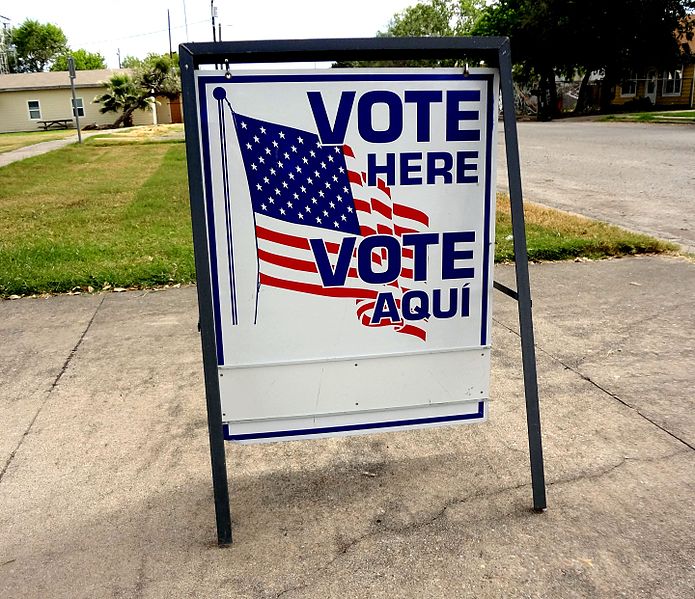Imagine the SFMTA finalizes a long-awaited bus rapid transit project aimed at connecting underserved neighborhoods and reducing congestion. It’s wildly popular, backed by the community, merchants and the Board of Supervisors. But just as the project is about to launch, a politically connected resident makes a call to the mayor, opposing buses near their home. Suddenly, the project is “delayed,” and then quietly shelved. Thousands of residents are denied better transit, the corridor becomes even more clogged with traffic, and merchants are frustrated.
Under Proposition D, this scenario could become the norm. Marketed as a way to streamline city governance, Prop D would hand the mayor unchecked power to remove SFMTA board members and the Director of Transportation, turning what should be public-service decisions into matters of political convenience. It also eliminates the Citizens’ Advisory Council–cutting off crucial community input. This shift would place political agendas, not public safety or service improvements, at the center of transit decisions.
The SFMTA’s independence, created by previous voter-approved measures, was designed to prevent this type of political interference. Currently, Muni is experiencing a renaissance— ridership is rebounding, service reliability is improving, and public satisfaction is rising. But Prop D threatens to undo this progress by allowing the mayor to fire every member of the SFMTA Board without cause, turning what should be an independent agency into a tool for political agendas. This unchecked power could easily reverse gains we’ve seen in transit and safety projects, and prioritize political interests over the needs of the public.
The long-term risks of Prop D are clear. Although city officials continue to pressure the agency when their constituents demand changes, Prop D would politicize the agency to a whole new level. It would give the mayor power to dismantle years of progress toward safer, more equitable streets. By removing public oversight and consolidating power, Prop D jeopardizes the vision of a transit-first city, one that prioritizes cyclists, pedestrians, and public transportation over political favoritism.
Right now, the Board of Supervisors must approve SFMTA board appointments, ensuring a check on the mayor's power. This process helps prioritize qualifications and independence over political connections. Appointees are expected to bring expertise in transportation and public policy, ensuring that the SFMTA stays focused on the city's broader needs. Without this safeguard, the board would be vulnerable to political manipulation, compromising its ability to make sound, impartial decisions for the public good.
Yes, we all want efficient governance, but Prop D is not the solution. It risks putting the SFMTA—an agency that requires independence to function properly—under political control. We must ensure transportation policy prioritizes safety, sustainability, and equity over politics. The future of San Francisco’s transportation system depends on it.






